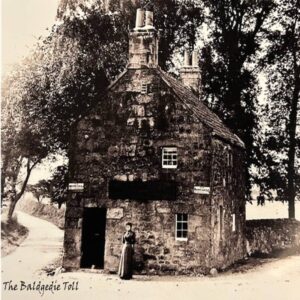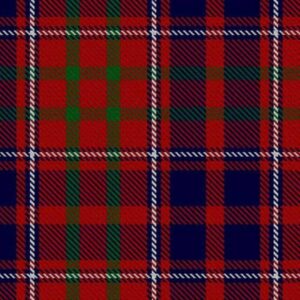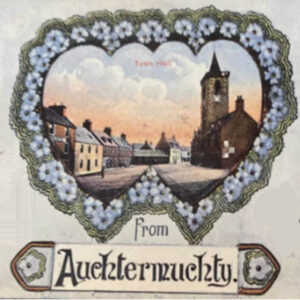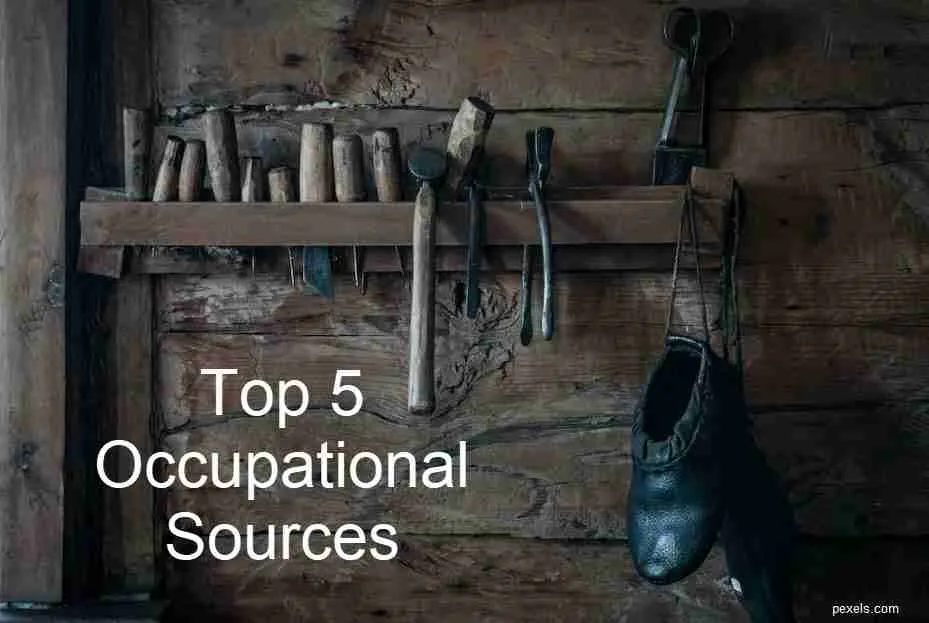My ancestor was a….
Most of my ancestors were agricultural labourers and ….your ancestor was a ….? Your ancestor’s work determined their economic, social status and even their life expectancy. It also indicated where they lived, whether their children were educated or not and their social circle. Their occupation shaped your ancestors’ lives and what they did should be an essential element of your research. As part of my series of how to research your ancestors, this blog looks at local industries and outlines the top 5 occupational sources to help with your search.
Before 1851, my ancestor was a….
Before 1851, most people lived in the countryside and worked as agricultural labourers. Census enumerators noted them as ‘ag labs’ or ‘farm servants’ which you may be familiar with. They were dependent on their employer for their accommodation. However, unemployment would mean the loss of their homes. Therefore, it was not uncommon for a farm worker to move from one farm estate to another.
After 1851, my ancestor was a ….
Industrial occupations such as shipbuilding and coal mining shaped the Scottish economy and the way people lived and worked. Glasgow was the centre for the industrial revolution to take hold with many working in factories and the shipbuilding industry. The emergence of steam power created factories in major cities such as Dundee where jute weaving factories dominated the urban landscape. Scottish towns such as Kirkintilloch were ideal centres for the iron founding industry. This was where rail and canal transportation made it easy to transport raw and finished products.
Therefore, different parts of the country are strongly associated with certain industries. This provides an excellent starting point for those who have no clue of their ancestor’s job but know where they lived. By looking at old street maps, such as the ones found on the National Library of Scotland Maps website, it is possible to deduce where most people in the area worked. See my previous blog on using old maps for more information.
Where to find my ancestor’s occupations – the top five occupational sources
- Statutory registers – birth, marriage and death register all note the occupation for the father or husband. Sometimes, the mother or bride’s occupation will be mentioned. However, be aware that the information is only as accurate as the person who supplied it.
- Census returns – from 1841, census returns include a column for ‘rank, profession or occupation’. Sometimes you will find abbreviation in areas where certain occupations were common. Check out ScotlandsPeople’s glossary if you find an abbreviation, or if you are unsure of a word.
- Wills and Last Testaments – if you are lucky enough to have an ancestor who left a will, then a will give details about their trade, as well as any property, premises and stock.
- Obituaries or family notices – you can locate these in newspapers, and they can provide valuable information about their occupation. British Newspaper Archives is a great resource for family notices.
1862 Obituary in the Dundee Advertiser - Trade Directories – the commercial section of a trade directory usually lists tradesmen and companies alphabetically. You can find them in family history societies and libraries. Alternatively you can access the Scottish Post Office Directories online via the National Library of Scotland.

This should give you a good starting point to research your ancestor’s occupation. Also, if your ancestor was a post office worker, policeman, miner or railway worker then the search should be relatively easy. Ancestry has the UK Post Office Appointment Books (1737 to 1969) where my grandfather is listed. It also has the UK Railway Employment Records (1833 – 1956) where my great-grandfather is listed. Nearly all trades had its own association, and you can find many members’ records within these.
Therefore, look for material relating to a specific industry in the area it was located. Start with libraries and family history societies for guidance or get in touch with me.
So,
Look out for future blogs on old occupations. I will next be writing about whisky distillers because, of course, whisky was and still is a major industry in Scotland. Perhaps one of your ancestors was a distiller?
If you have any questions about this blog, or if you would like to share your own ideas about how family history is important, then leave a comment below…
You may also like...

The Life of a Tollkeeper
A tollkeeper was a person who collected road fees from travellers. This old occupation was prominent during the 18th and 19th centuries.

Cameron Surname: Origin, Meaning & History
The Cameron surname has Gaelic origins and it is associated with Clan Cameron, one of the most influential Highland clans.

Ancestral Visit to Auchtermuchty, Fife
Auchtermuchty in Fife is known as Muchty to locals. What does Stratheden Whisky, Jimmy Shand and the Proclaimers have in common?

